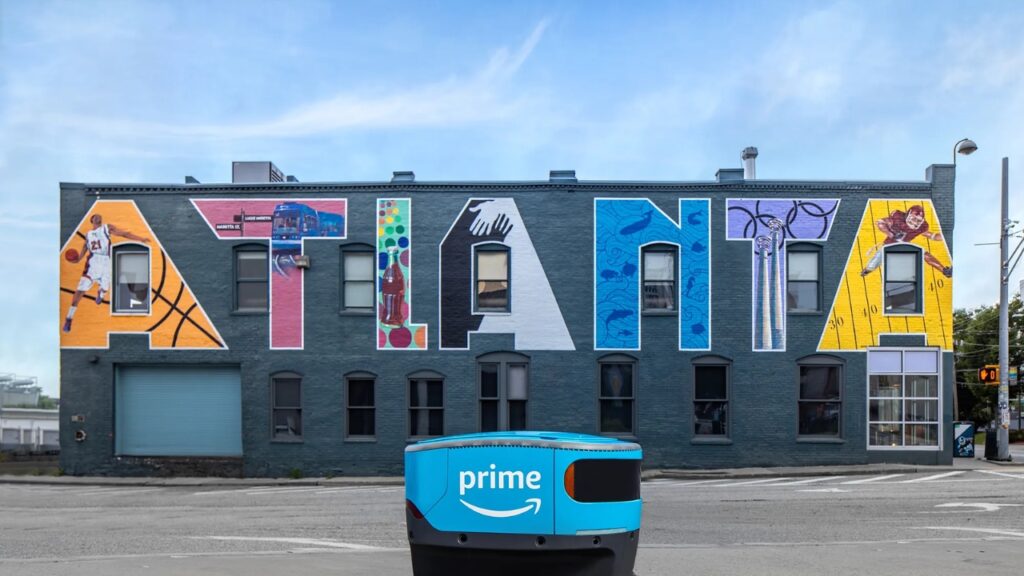After being astonished to see that the Internet had grown by 2300% in 1994, Jeff Bezos began to seriously consider launching an online company. The young businessman understood that selling stuff would be difficult, but he was still able to locate reasonably priced goods that were simple to sell online. Bezos started Amazon in his garage with $245,573 in funding from his parents. Thankfully, their investment has nearly surpassed $30 billion in value, providing a return of 12,000,000%.
What’s Next?
Since it first started as a website for book sales, Amazon has significantly expanded. Together with consumer technology, cloud computing, and logistics, it has recently expanded into the media and entertainment industries. These industries helped Amazon along the way to becoming a trillion-dollar company.
The ideas, discoveries, technological advancements, collaborations, and—most importantly—the business strategies that have enabled Amazon to achieve such heights are all included in this review of Amazon’s corporate strategy. You can also receive a quick rundown of the company’s stock values throughout the previous several years as well as its regional sales figures.
Why Is Amazon Predict To Be The Most Successful Company Going Forward?

Amazon has accomplished milestone after milestone, establishing itself as one of the most successful companies in the world while still pursuing its own pinnacle. This is a factual assertion, not only a theory.
Successes Of Amazon
According to Prominent Amazon consulting Agency Amazon named the most inventive company of 2017 by FastCompany magazine. In addition, Amazon placed third on MIT’s 2017 list of Brilliant Companies, after only SpaceX and Nvidia. Amazon was ranked fifth by Forbes in 2022 and third by BCG in terms of most innovative companies.
Increasing Sales
Amazon’s revenue surged by 121% over the previous five years, rising from $232 billion in 2018 to a staggering $514 billion in 2022. Finally, simply between 2021 and 2022, the revenue increased by 9%, breaking the half-trillion-dollar mark.
Investing Expectations
Despite being worth over $1 trillion, Amazon either never turns a profit or very seldom does. Amazon reported a $2.7 billion net loss despite $514 billion in revenue. Investments are the reason for its large market worth. Investors made substantial investments in Amazon because they thought the company would develop more quickly, sustainably, and spectacularly than nearly any other company.
Amazon’s Ventures In Many Technologies
- Amazon Robotics

Amazon has accumulated a considerable number of patents over the past ten years and has made significant expenditures in robotic and drone technologies. Its warehouses are home to more than 45,000 robots. Amazon paid $775 million for Kiva Systems, a company that develops robots for the picking and packing process. By 2014, the company will have 14,000 robots throughout its eleven facilities. Following that, there were 30,000 robots, an increase of 114%, and in 2017, there were 45,000 robots dispersed among 20 warehouses, an increase of 50%.
- Amazon Drones

Amazon is also investigating drones for its project and prospective drone delivery service. As part of Amazon Prime Air, Amazon started its drone delivery service in the UK. The US Federal Government authorized a drone delivery operation in October 2017. According to the administration, creating new opportunities and using drones for commercial purposes will aid in job creation. Amazon recently filed a variety of patent applications for drones that will transport packages, parachute packages, and house goods in a flying airship. It also has patents for drone designs that are easier to maneuver, land safely, and fly for a long time.
Conclusion
The growth of AWS sales indicates that it may eventually become more well-liked by businesses. Prime has set new sales benchmarks and is gaining popularity in India and the Middle East. The company also gave funds to the firm Capital Float for digital borrowing in December 2017 as part of its ambition to rule the Indian Fintech market.










